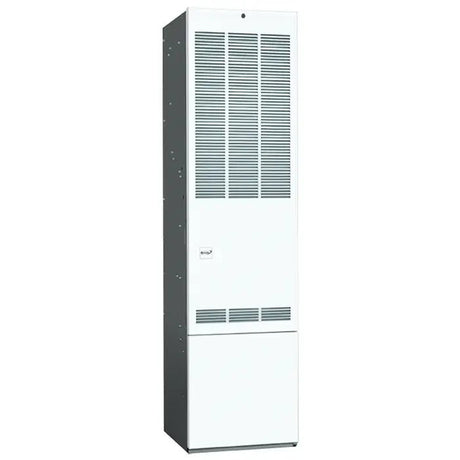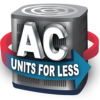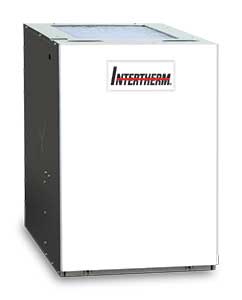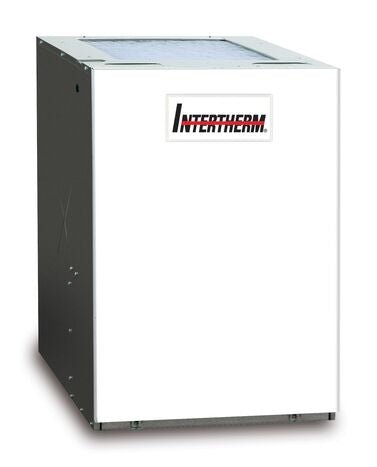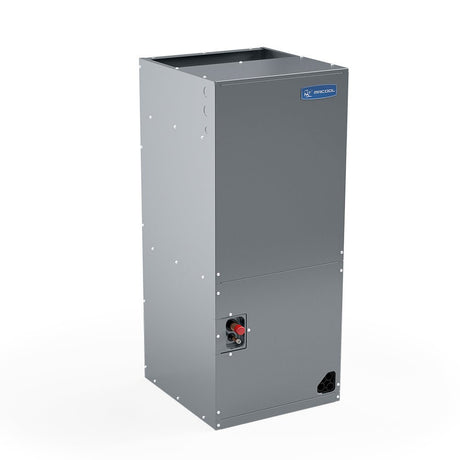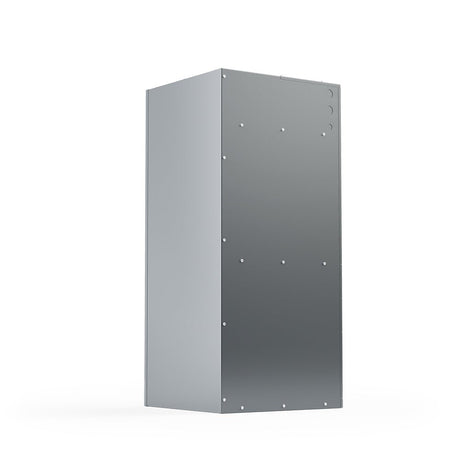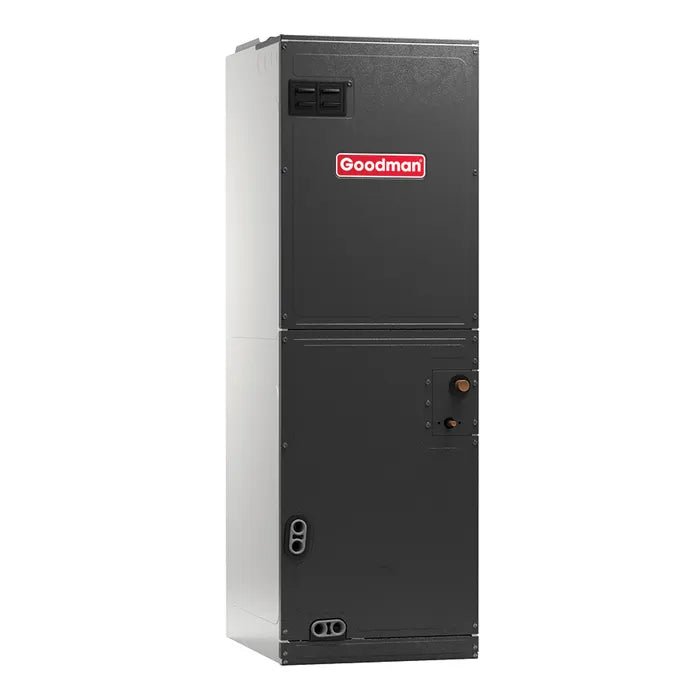Optimize Comfort and Efficiency with Air Handlers
Air handlers are essential components of your HVAC system that play a vital role in distributing conditioned air throughout your home or building. In this SEO-friendly guide, we'll explore the importance of air handlers and why you should consider them for your heating and cooling needs.
What Are Air Handlers?
Air handlers, also known as air handling units (AHUs), are devices responsible for circulating and conditioning air within your HVAC system. They work in conjunction with your furnace, heat pump, or air conditioner to ensure that the air in your living or working space is comfortable and clean.
Air handlers are a critical component in HVAC systems, helping to circulate and regulate air. Below, we answer some common questions about air handlers and their functionality.
What Is an Air Handler?
An air handler is a key part of an HVAC system that helps to circulate conditioned air throughout your home or building. It contains a blower, heating or cooling elements, filters, and sometimes dampers. The air handler is usually located indoors and works in conjunction with the outdoor HVAC unit to regulate airflow and maintain indoor comfort.
How Does an Air Handler Work?
Air handlers work by pulling air from the indoor environment, passing it through filters, and either heating or cooling it as needed. The conditioned air is then pushed back into the home or building through the ductwork. The blower fan in the air handler ensures that the air is distributed evenly to all rooms.
Do I Need to Replace My Air Handler When Replacing My Air Conditioner?
Not necessarily. You don’t always need to replace your air handler when replacing your air conditioner, but it’s recommended to ensure optimal performance. An older air handler may not be compatible with a new high-efficiency air conditioner, which could reduce the system’s overall efficiency. It’s best to consult with an HVAC professional to determine whether a replacement is necessary.
What Is the Difference Between an Air Handler and a Furnace?
An air handler and a furnace both work to distribute air, but they serve different functions. An air handler is used in systems that provide both heating and cooling, often with a heat pump or central air conditioner. A furnace, on the other hand, is specifically used for heating, burning fuel like gas or oil to warm the air before it is circulated.
How Often Should I Service My Air Handler?
It’s recommended to have your air handler serviced once a year to ensure it operates efficiently. Regular maintenance helps to prevent breakdowns, improve energy efficiency, and extend the lifespan of your HVAC system. Routine servicing should include cleaning the coils, checking electrical components, and replacing filters.
Can I Install an Air Handler Myself?
Installing an air handler is a complex process that requires proper knowledge of electrical systems, ductwork, and refrigerant lines. It’s not recommended to install an air handler yourself. Professional installation ensures that the system is set up correctly, safely, and in compliance with local building codes.
What Size Air Handler Do I Need?
The size of your air handler depends on the size of your home or building, the climate, and your HVAC system. Air handlers are measured in tons or BTUs (British Thermal Units). For example, a 2-ton air handler is typically suitable for homes around 1,000–1,500 square feet. It’s important to have a professional conduct a load calculation to determine the right size for your system.
What Are the Signs My Air Handler Needs Repairs?
Common signs that your air handler may need repairs include:
- Reduced airflow or inconsistent temperatures.
- Unusual noises, such as rattling or banging.
- Increased energy bills without increased usage.
- Leaks or excess moisture around the unit.
- Strange odors coming from the vents.
If you notice any of these issues, it’s important to contact an HVAC technician to diagnose and repair the problem.
Can an Air Handler Improve Air Quality?
Yes, an air handler can improve indoor air quality, especially if it is equipped with high-quality air filters. Many air handlers come with filtration systems that can remove dust, pollen, and other airborne contaminants from the air, contributing to a cleaner, healthier indoor environment.
How Long Do Air Handlers Last?
With proper maintenance, an air handler can last anywhere from 10 to 15 years. Regular servicing, including cleaning and filter changes, can help prolong its lifespan and ensure optimal performance.
